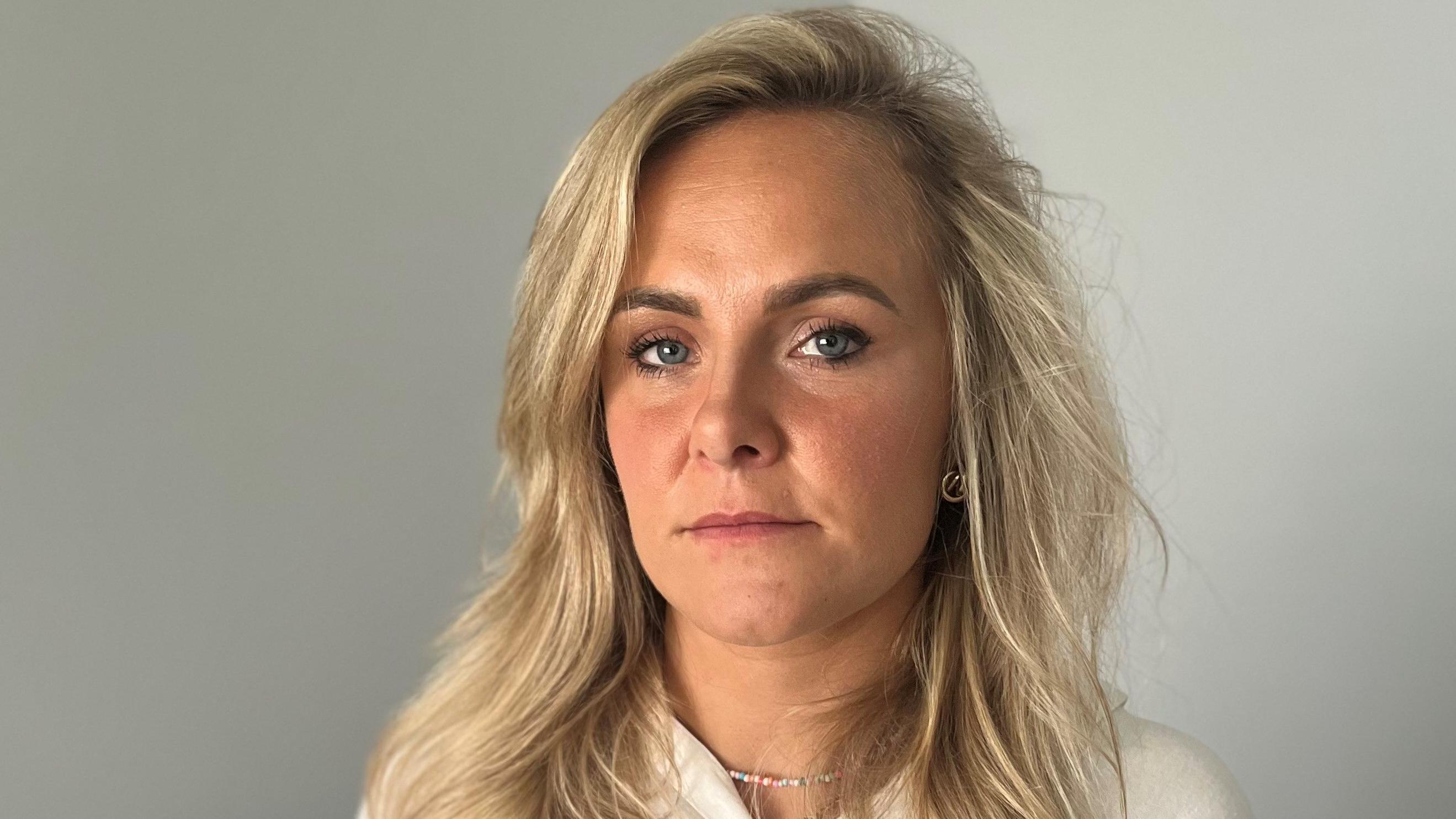
The Struggles of a Whistleblower in the Children’s Cancer Unit
Hannah Farrell, a former nurse at the Royal Belfast Hospital for Sick Children, has spoken out about her experience working in the Children's Cancer Unit. She resigned in 2019 due to overwhelming staff shortages and a lack of support from management. Farrell described the system as leaving her broken, disillusioned, and burnt out. She emphasized that the issues she faced were not new, but rather part of a long-standing problem that continued to affect the unit.
According to Farrell, maternity leave, long-term sickness, and career breaks were often not backfilled, leading to understaffing on the wards. This placed an immense burden on the remaining nurses, potentially impacting patient care. When a ward reaches crisis levels, the trust reportedly pulls nurses from other areas, which only provides a temporary solution and negatively affects other departments.
Farrell also shared her personal struggles with the emotional toll of her job. She was responsible for treating some of Northern Ireland’s sickest children, often dealing with the pain of a patient's death. However, she was not offered any professional counseling and had to pay for it herself. The Belfast Health Trust responded by stating that they provide individualized support through their occupational health services and encourage staff to raise concerns with their teams and line managers.
Despite the trust's statements, Farrell said that nothing has changed since she left five years ago. She expressed hope that speaking out would help other nurses who feel their voices are silenced by management. “The system took my fight, my joy, my empathy and compassion—there was nothing left to give,” she said. “I dreaded every shift because I didn’t know what I was going into, staffing-wise, or what the skill mix would be.”
Impact on Patients and Families
The Children’s Cancer Unit is the regional center where children in Northern Ireland receive treatment for cancer or complex blood disorders. Specialist cancer nurses are trained to administer treatments like chemotherapy. However, seven out of 12 specialist nurses are currently off work, which led to some treatment delays earlier this year. According to the trust, about five children were affected, but they have since received their treatment.
Parents of patients treated in the haematology and oncology wards have shared their experiences with the challenges faced by the nursing staff. David and Sara Watson, whose son Adam underwent treatment for acute myeloid leukaemia, highlighted the pressure on nurses. They noted that while the clinical service is world-class, staffing issues have been a persistent problem. Adam, who passed away in 2022, helped establish the B Positive charity to support families and provide counseling to nurses on the ward.
The Department of Health acknowledged the staffing challenges facing the Belfast Trust and recognized the efforts made to manage recent nurse staffing issues in paediatric haematology and oncology. They also noted assurances from the trust that service delivery is being closely monitored.
A System in Crisis
Caroline and Martin Smyth, whose son Theo was treated at the cancer unit in 2020, described how staff shortages impacted the wards. They mentioned that the 10-bed ward was often full, yet there was not always a full quota of staff, especially during weekends. The Belfast Trust stated that there are currently no nursing registrant vacancies at the Children’s Haematology Unit and that all nursing roles in the haematology and oncology departments have been reviewed. This allows the trust to utilize staff from other areas and bank staff to safely cover the service when needed.
Farrell, who still works as a nurse in the health service, said the unit is operating on the "fumes" of the nurses’ good nature. She described her last three overnight shifts as "horrendous," with too much responsibility placed on her shoulders. She oversaw a full ward of seriously-ill children, supported only by a bank and a junior nurse, which ultimately broke her.
She emphasized that the children and families deserved the highest level of care but felt she lacked the ability and support to deliver it. Farrell criticized the NHS for promoting an "it's OK to not be OK" attitude around mental health, yet expecting nurses to give more than they can. She still recalls the names and faces of the 56 children who died in her care, but never received any professional support.
Calls for Change
Parents of sick children continue to call for help with costs and better support for the nursing staff. The ongoing challenges at the Children’s Cancer Unit highlight a broader issue within the healthcare system. As the trust continues to address staffing issues, many believe that real change requires a deeper understanding of the skills and resources needed to properly run such a critical department.